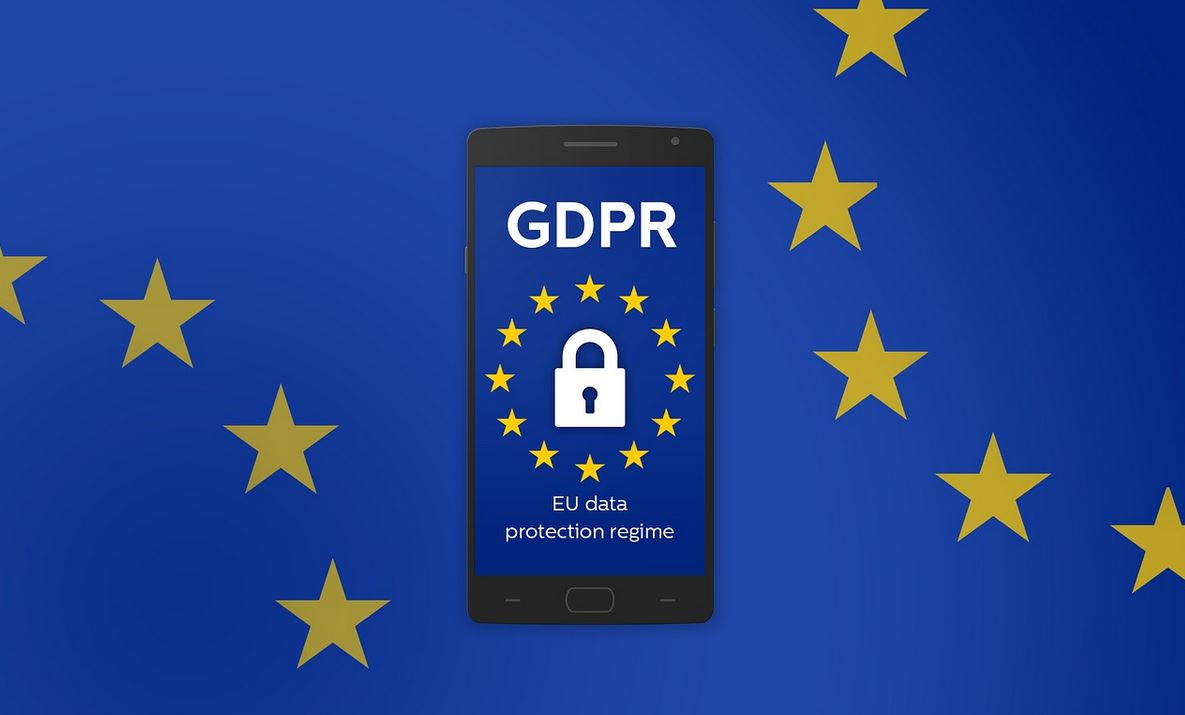Learn about the General Data Protection Regulation (GDPR) that is expected to come into effect on 25th May 2018. In this article we provide a summary explanation of GDPR that was passed by the European Union (EU) Parliament. You can also download a complete General Data Protection Regulation pdf at the end of this post.

What is GDPR?
GDPR is an abbreviation of General Data Protection Regulation that was passed by the European Parliament. The regulation or law is all about protection of processing of personal data and sharing of such data. It gives every person within the regulated regions a right to the protection of personal data.
Who does GDPR affect?
General Data Protection Regulation affects companies or persons that run website, app or software that has visitors or users from the EU. We have provided a list EU countries below.
Countries protected by General Data Protection Regulation (GDPR)
- Austria
- Belgium
- Bulgaria
- Croatia
- Czech Republic
- Denmark
- Estonia
- Finland
- France
- Germany
- Greece
- Hungary
- Ireland
- Italy
- Latvia
- Lithuania
- Luxembourg
- Malta
- Netherlands
- Poland
- Portugal
- Republic of Cyprus
- Romania
- Slovakia
- Slovenia
- Spain
- Sweden
- United Kingdom (UK)
What does GDPR mean by Personal Data?
General Data Protection Regulation refers to personal data OR any information relating to a person, whether it relates to his or her public, professional or private life. Below is an incomplete list of personal data;
- A home address
- Bank information
- Computer IP address
- Medical Information
- Name
- Photo/Image
- Posts on social media
How blogs collect user information
The following actions store user data;
- User Commenting
- User Registation
- Using Contact forms
- Using Email subscriotions
- Use Analytics to record traffic sata
- Advertisements
- Some wordpress security plugins Wordfence
List of most affected websites by GDPR
Almost all websites will be affected but the ones listed below are most affected. The only option to evade GDPR is to block traffic from EU countries.
- Forum websites like Stack Overflow (It stores user profiles)
- eCommerce website like Amazon (records buyer and seller data)
- Advertising websites like AdSense
Penalties or Fines for not complying with GDPR
If you don’t comply or violate the General Data Protection Regulation, you will be fined 4% of your total revenue or €20 million (they will go for the highest)
Summary of General Data Protection Regulation (GDPR)
- Users have a right to be informed of the data you collect from them and how you will use it.
- Users have a right to access the data you have collected about them
- Users have a right to have their data completely erased or delated
- Users have a right to restrict how their data is recorded and used
- Users have a right to begin or provided with their stored or recorded data in portable means
- Users have a right to object how the personal data is processed
What Website Owners should do to comply with GDPR
In simple terms webmasters should do the following to comply with General Data Protection Regulation ;
- Inform your users about who you are, what data you are collecting from them, the reason you are collecting, duration that you will store their data and who you intend to share it with
- Make sure users agree with you terms and condition before allowing them to use your services
- Make it possible for users to download information about them that you have collected
- Make it possible for users to delete their information that you have collected
- Incase of any data breach, notify the users within 72 hrs
All this can be done through updating your website’s Terms and Conditions, Privacy Policy and all pages that capture use data
PDF of General Data Protection Regulation (GDPR)
- Download pdf of GDPR from this page: GDPR PDF
[irp]
Do not miss all our latest updates General Data Protection Regulation (GDPR)

Leave a Comment